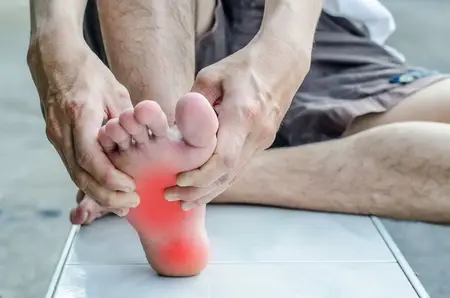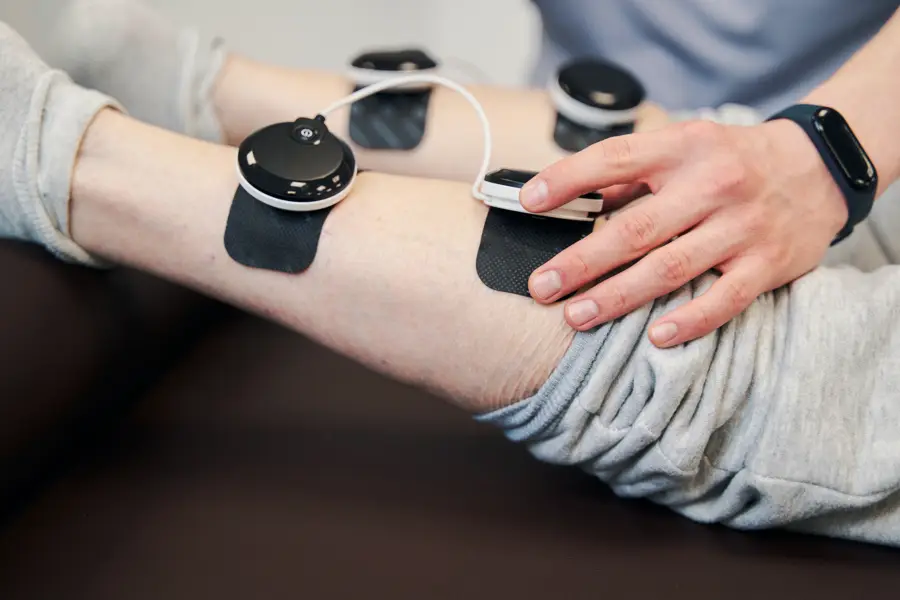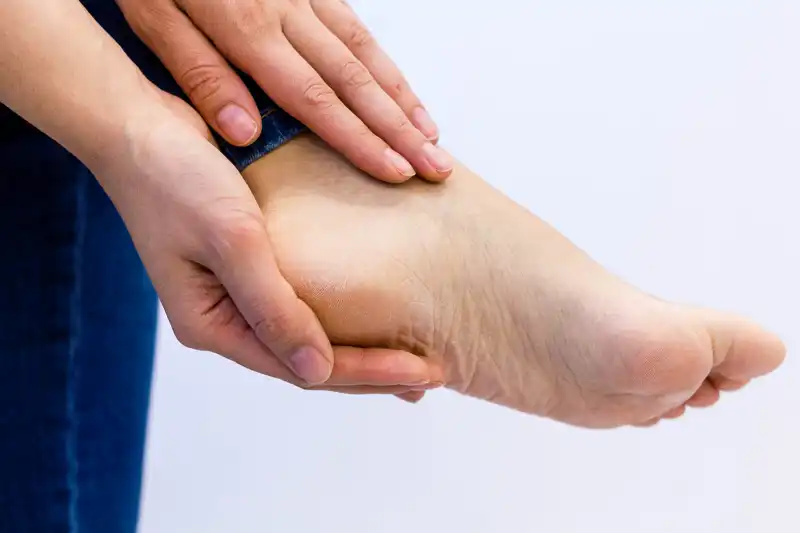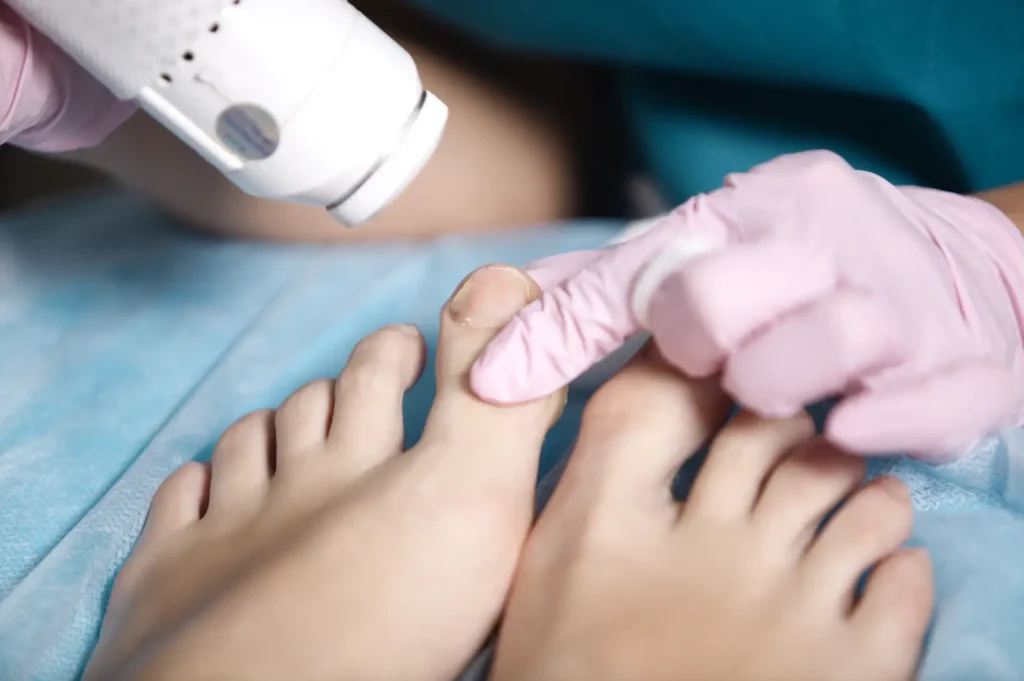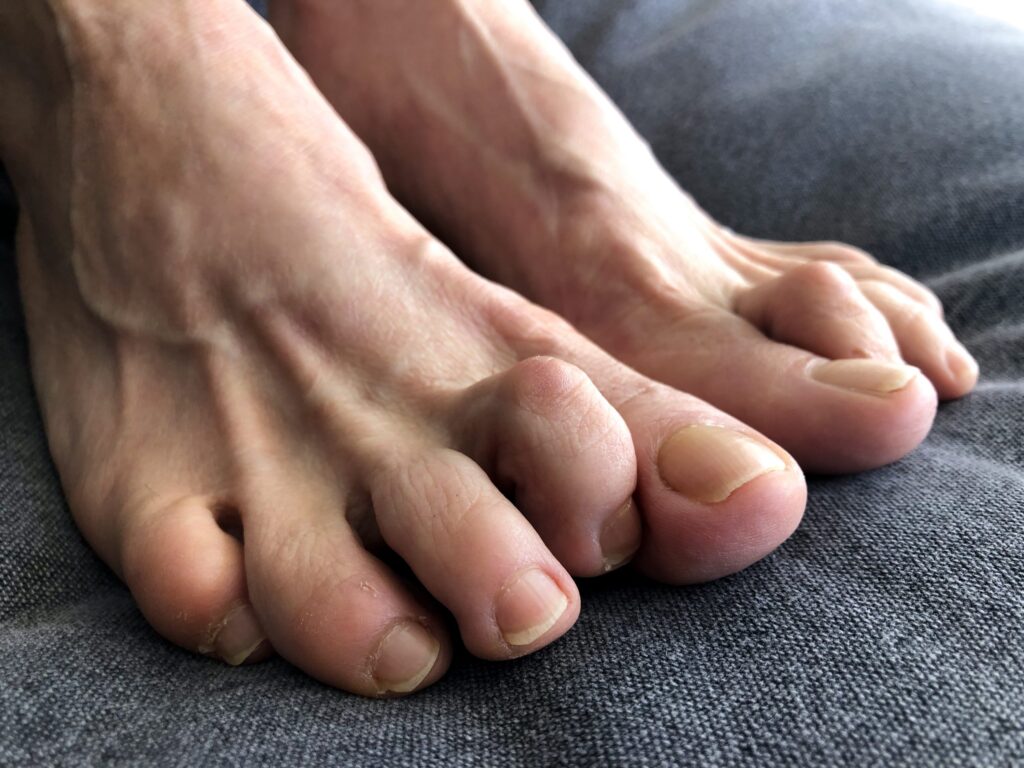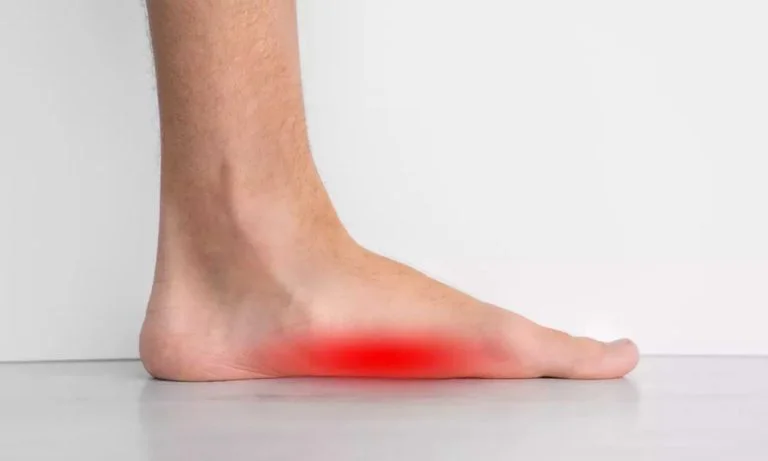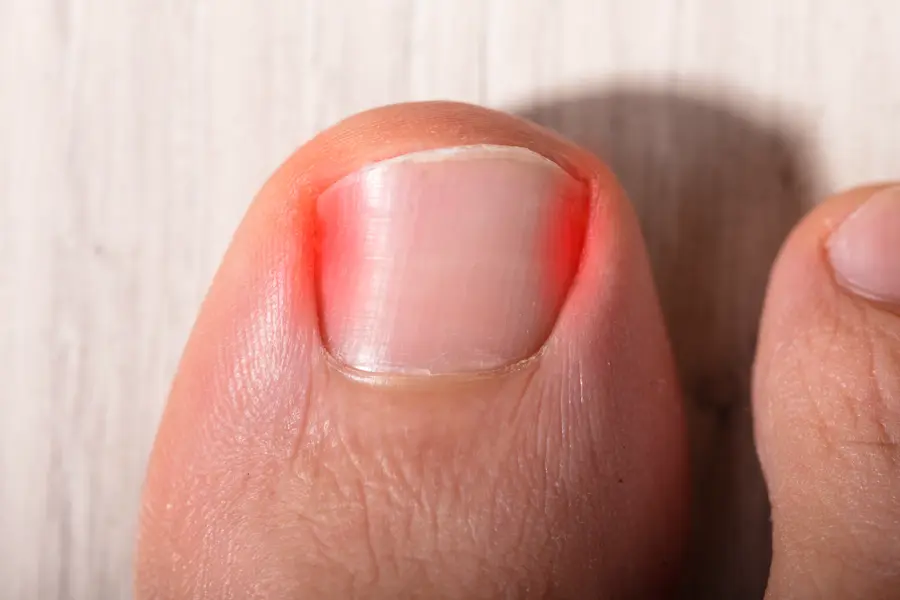Warts
What are Warts?
A wart is a small, rough growth on the skin caused by the human papillomavirus (HPV). Warts can appear on any part of the body but are most commonly found on the hands, feet, and face. While generally harmless, warts can be unsightly and, in some cases, painful.
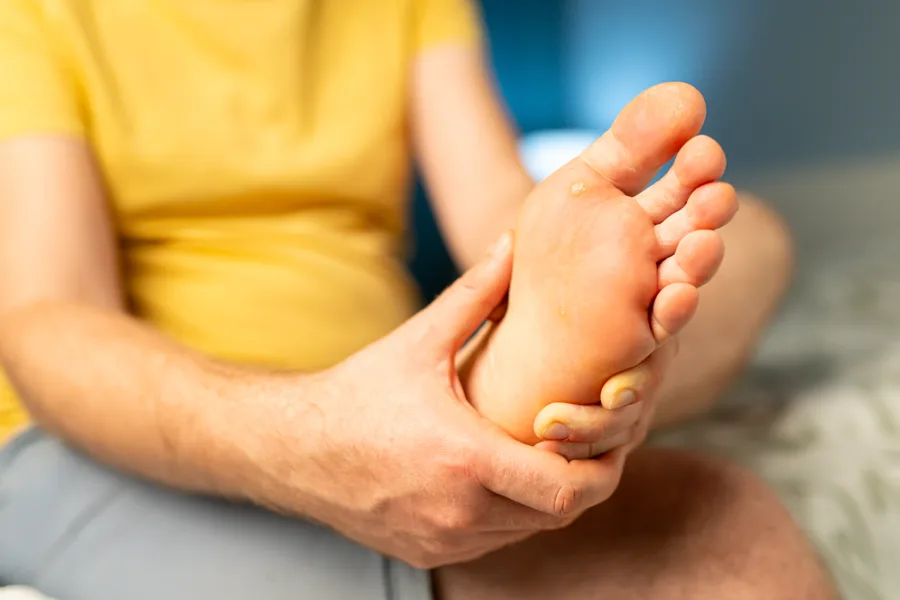
What are signs and symptoms of Warts?
- Small, grainy growths on the skin
- Rough texture
- Presence of black dots (small, clotted blood vessels)
- Skin-colored, white, pink, or tan appearance
- Pain or discomfort, especially on weight-bearing areas


